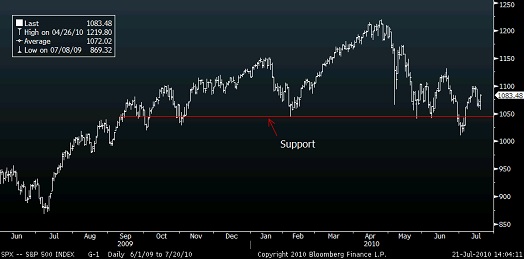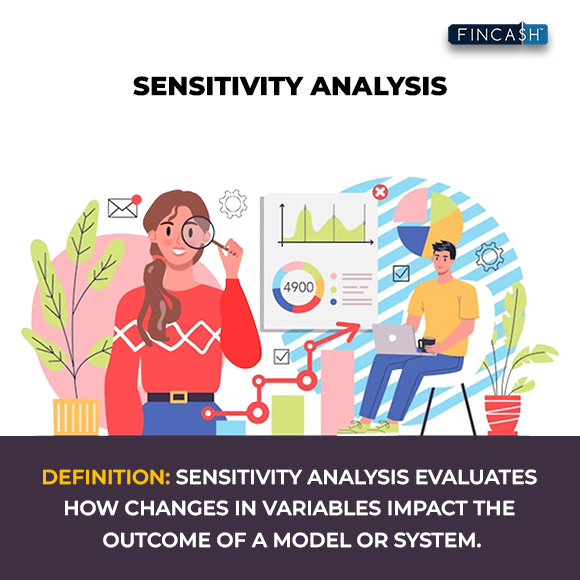
Table of Contents
Incremental Analysis
What is Incremental Analysis?
Incremental analysis is a decision-making strategy that is used in businesses to comprehend the real difference of cost between alternatives. This one is also known as the relevant cost approach, differential analysis, or Marginal Analysis.

The incremental analysis basically disregards any past or sunk cost and is useful for several business strategies, such as the decision to outsource or self-create a service and more.
Understanding Incremental Analysis
Incremental analysis is regarded as the problem-solving methodology that uses Accounting information to make a decision. Incremental analysis assists companies to decide whether they must or not accept a specific order.
This order generally is lower than the usual selling price. Not just that, but the incremental analysis also helps with the allocation of restricted resources to varying product lines to make sure a limited asset is used in the best possible way.
Decisions like whether to rebuild an asset, scrap a project or manufacture or purchase a product Call for this analysis on the opportunity costs. Furthermore, incremental also helps to analyse insights into if a product should be produced or sold at a specific point in the process of Manufacturing.
Talk to our investment specialist
Example of Incremental Analysis
Let’s take an incremental analysis example here. Suppose there is a company that wants to sell a product for Rs. 300. The firm is currently paying Rs. 50 for material, Rs. 125 for labour and Rs. 25 for overhead selling expenditure.
On top of that, the company has also allocated Rs. 50 per item for fixed overhead costs. However, the firm is not functioning at capacity and won’t be able to invest in overtime or equipment to fulfil special orders. And then, it gets an order request where the buyer asks for 15 items at a price of Rs. 225 each.
If you take the sum of all fixed and variable costs for each item, it comes at Rs. 250. But the allocated fixed overhead costs of Rs. 50 have been sunk and already spent. Now, the firm has extra capacity and must regard the relevant costs. Thus, the cost invested in manufacturing the special order will be:
Rs. 125 + Rs. 50 + Rs. 25 = Rs. 200 per item.
And, as far as the profit for each item is concerned, it will be:
Rs. 225 – Rs. 200 = Rs. 25
Although the firm can make a profit on this specific order, they must keep the ramifications in mind that they would have to bear for operating at their full capacity.
All efforts have been made to ensure the information provided here is accurate. However, no guarantees are made regarding correctness of data. Please verify with scheme information document before making any investment.












